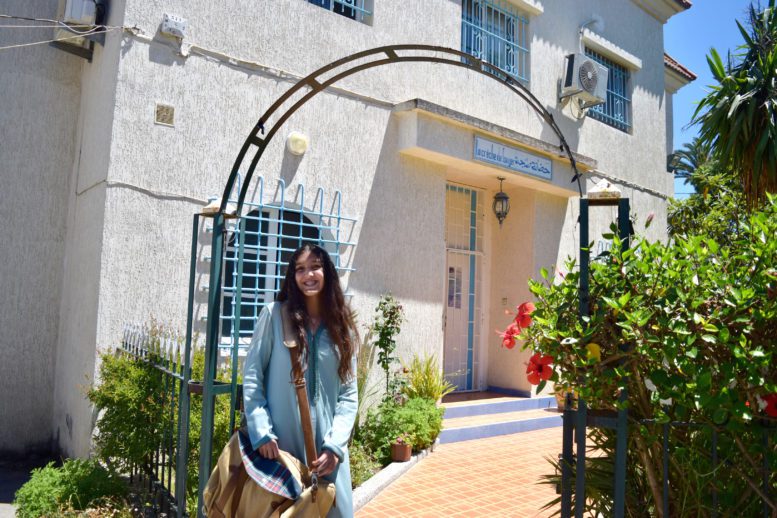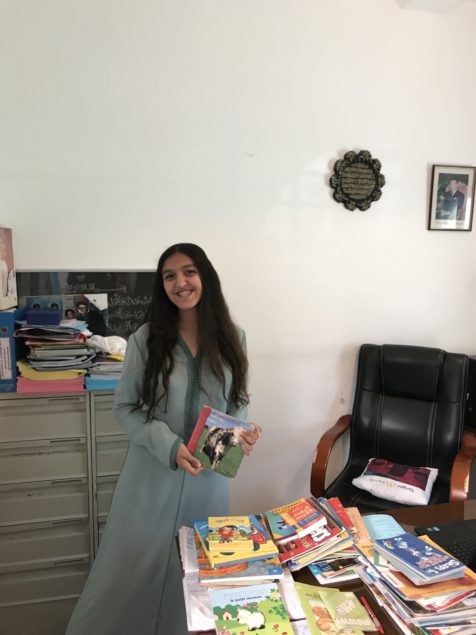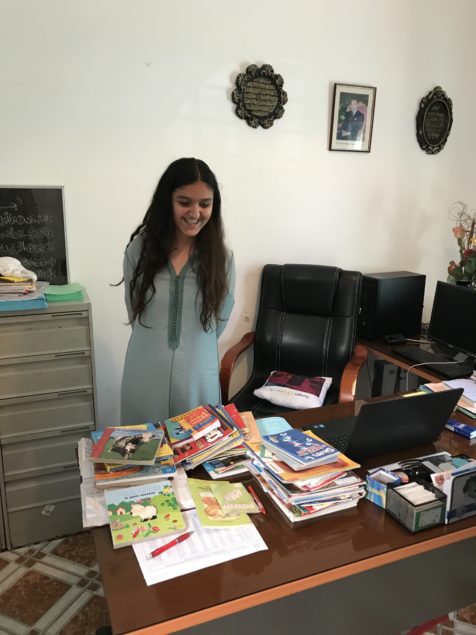
Already having known I would have the privilege of touring the country this summer, I knew that great socioeconomic inequity plagued the rather dense population.
Seeing an adorable little girl no more than three years old, rendered dirty to the point where her face bore a grayish overtone, repeatedly tap on the glass of my bus’s window in Agra, India. In Athens, a boy searching for scraps under a car. In Delhi, a group of school-aged boys who although a few seconds earlier were giggling amongst themselves, continually begged my father and me for a few rupees to spare; justifiable by the means of wealth disparity and lack of access to education in India. For me to perkily globe-trot in clear view of childhood poverty, I couldn’t help but feel guilty although their living situations weren’t directly of my doing. The Tangier Tots Book Drive was an effort, thankfully supported by many amazing friends and family members, to create a minuscule change in this global epidemic.
The way adoption works in Morocco is through the Kafala system, which is most similar to sponsoring a child although the nature of it differs. As of 2012, the Moroccan government passed a law making it more difficult for orphans to be adopted into the Kafala system, where an adoptive parent provides for a child until they are of an age with the basic necessities of food, clothing, and education. Most Kafalas were international, but the law has barred all foreigners who are not regular citizens of Morocco from applying. These children are abandoned as early as 8 days old and some who are mentally challenged, lack adequate resources needed to acquire a skill set that would later allow them to have their full potential realized and become self-sufficient; the incomparable resource of education. Consequently, this translates into many children being left without an education, a roof above their head, nor food on a metaphorical table that didn’t have any means to own. Without adequate literacy skills, the children are most vulnerable to homelessness and/or poverty.
There is a global stigma around children birthed out of wedlock, resulting in many being orphaned or abandoned. The root of their ability to better themselves lies in education.
Despite having to maul soaked cardboard boxes from my G.W. Carver Middle to my friend’s house, to my back’s dismay, and panicking last minute about how I’d be able to bring over as many books as possible, this journey was rewarding in knowing that new doors and opportunities have been opened for kids abroad who, now, possess the resource of books ranging from all widths to languages to excel on an academic and professional level.
Author’s Bio: Aya Hamza is a sophomore in the International Baccalaureate Spanish program at Coral Gables Senior High who regularly volunteers at Nicklaus Children’s Hospital and is a Youth Advisor to The Children’s Trust. Involved in the Kiwanis International and the National Honor Society, service is pivotal in her high school experience.









